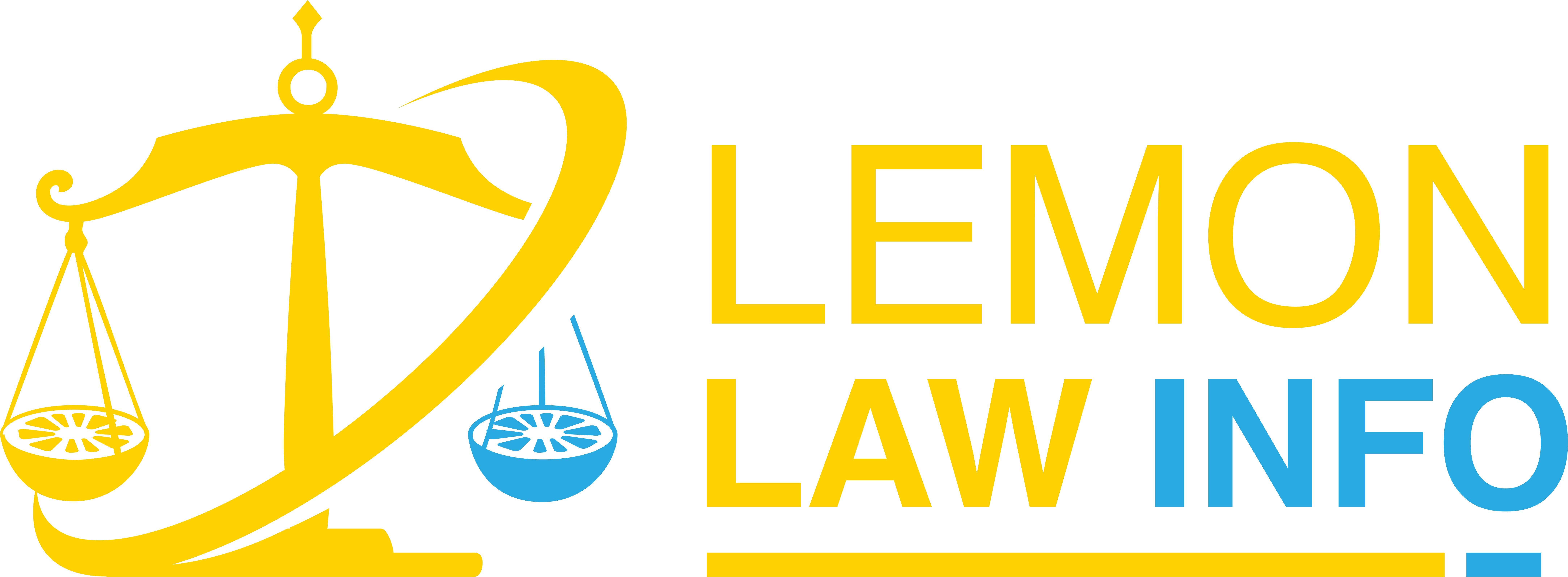Standards Of The Maine Lemon Law
Vehicles Covered
Consumers Covered
The lemon law covers the following consumers:
- The purchaser, for purposes other than resale, or the lessee of a motor vehicle;
- Any person to whom the motor vehicle is transferred during the duration of an express warranty applicable to the motor vehicle; and
- Any other person entitled by the terms of the warranty to enforce the obligations of the warranty.
The lemon law does not cover any government entity, or any business or commercial enterprise that registers three or more motor vehicles.
Vehicle Converters
Vehicle Problems Covered
Manufacturer's Duty To Repair A Vehicle
Manufacturer's Duty To Repurchase Or Replace A Vehicle
Notice And Final Repair Attempt
If the manufacturer or its agents are unable to conform the motor vehicle to the express warranties, the consumer must notify the manufacturer or authorized dealer in writing of the consumer’s desire for refund or replacement. This notice can be given after one repair attempt to a nonconformity resulting in a serious failure of the braking or steering systems.
The notice requirement does not apply unless the manufacturer has clearly and conspicuously disclosed, in the warranty or owner’s manual, that written notification of the nonconformity is required before the consumer may be eligible for a refund or replacement.
The manufacturer has seven business days following receipt by the dealer or manufacturer of the written notice from the consumer to correct or repair any nonconformities. The final repair effort must be at a repair facility reasonably accessible to the consumer.
Reasonable Number Of Repair Attempts
The Maine lemon law establishes a presumption that a reasonable number of repair attempts has been undertaken to conform a motor vehicle to the applicable express warranties if, within the express warranty term, during the period of three years following the date of the motor vehicle’s original delivery to a consumer, or during the vehicle’s first 18,000 miles of operation, whichever occurs earliest, any of the following occurs:
- The same nonconformity has been subject to a repair attempt three or more times by the manufacturer, its agents or authorized dealers, and the nonconformity continues to exist;
- The same nonconformity has resulted in a serious failure of either the braking or steering systems in the vehicle and has been subject to a repair attempt one or more times by the manufacturer, its agents or authorized dealers; or
- The motor vehicle is out of service by reason of a repair attempt by the manufacturer, its agents or authorized dealers of any defect, condition, or combination of defects for a cumulative total of 15 or more business days.
The term of an express warranty, and the one year, two year, and 15 day periods are extended by any period of time during which repair services are not available to the consumer because of a war, invasion, strike or fire, flood or other natural disaster.
Dispute Resolution
Time Period For Filing Claims
Remedies Under The Alabama Lemon Law
Repurchase Of Owned Vehicle
The Maine lemon law sets out the following amounts that a manufacturer must pay when it repurchases an owned motor vehicle under the lemon law:
- The full purchase price of the motor vehicle, including any paid finance charges;
- All collateral charges, including but not limited to sales tax, registration fees and similar government charges; and
- Reasonable costs incurred by the consumer for towing and storage of the motor vehicle and for procuring alternative transportation while the vehicle could not be driven because it did not conform to any applicable express warranty;
- Less a reasonable allowance for use of the motor vehicle.
Refunds must be made to the consumer and lienholder, if any, as their interests exist at the time the refund is to be made.
The reasonable allowance for use may not exceed the lesser of (1) one-third of the amount allowed per mile by the Internal Revenue Service for the use of a personal vehicle for business purposes, based on the mileage reported on the application for arbitration PLUS all mileage directly attributable to use by a consumer beyond 20,000 miles; or (2) 10% of the purchase price of the vehicle.
Repurchase Of Leased Vehicles
The Maine lemon law sets out the following amounts that a manufacturer must pay when it repurchases a leased motor vehicle under the lemon law:
- Lease payments made to date, including any paid finance charges;
- All collateral charges, including but not limited to sales tax, license and registration fees and similar government charges; and
- Reasonable costs incurred by the consumer for towing and storage of the motor vehicle and for procuring alternative transportation while the vehicle could not be driven because it did not conform to any applicable express warranty;
- Less a reasonable allowance for use of the motor vehicle.
Refunds must be made to the lessor and lessee as their interests exist at the time the refund is to be made. The lessee’s lease agreement with the lessor and all contractual obligations terminate upon a decision that the vehicle does not conform to the express warranty and the vehicle is returned. The lessee may not be liable to the manufacturer or lessor for any further costs or charges under the lease agreement. The lessor shall release the motor vehicle title to the manufacturer upon payment by the manufacturer under the lemon law.
The reasonable allowance for use may not exceed one-third of the amount allowed per mile by the Internal Revenue Service for the use of a personal vehicle for business purposes, or 10% of the purchase price of the vehicle, whichever is less.
